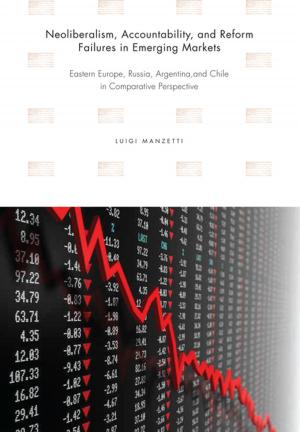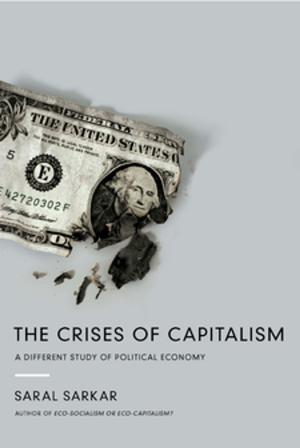Funny Money: Adapting to a Down Economy
Business & Finance, Economics, Money & Monetary Policy, Economic Conditions| Author: | Art Powell | ISBN: | 9781310968297 |
| Publisher: | Art Powell | Publication: | March 4, 2016 |
| Imprint: | Smashwords Edition | Language: | English |
| Author: | Art Powell |
| ISBN: | 9781310968297 |
| Publisher: | Art Powell |
| Publication: | March 4, 2016 |
| Imprint: | Smashwords Edition |
| Language: | English |
After my first family broke up I went to the University of British Columbia and did a degree in economics because I was intrigued by the way in which money is created and because I wanted to understand the dynamics of how we exchange goods and services.
I concluded economics is mostly about relationships and we should evaluate economic policies by how they contribute to good relationships.
We have two major economic problems with which we should be dealing. The first is that while we have lots of energy and mineral resources left on this planet, we have used up the most easily accessible. Those that are left require an excessive amount of energy to extract. The second major problem is that our so-called "market" economy is largely based on legislation which restricts competition and thus allows some people an unequal share of the agricultural surplus.
To deal with these problems we need to focus our economy on a policy of sharing in the same way that families and people in small-scale societies share their food. We also need a universal guaranteed income scheme AND a new way of creating money. This would be a tremendous transfer of decision-making power from governments and bankers to individuals.
This book is for people disillusioned with both capitalism and socialism. The author has studied economics, history and anthropology to understand how people exchange goods and services. The result is a book which points out the weaknesses of both capitalism and socialism and a number of areas in which what we do is not what we preach. It tries to pick out what is good and needs to be saved. This book identifies some serious problems with the fractional reserve way of creating money and proposes an alternative. While this book is based on economic principles a lot of the conclusions will probably be rejected by many economists.
In this book you will learn:
why the economic principles of marginal cost and the elasticity of the demand curve say it should be priced at 99 cents.
why relationships are an important part of economics.
what it takes to make a good relationship.
that our civilization is based upon a huge agricultural surplus which should be considered an inheritance to be shared equally by everyone.
how the financial and the physical aspects of the economy interact.
how money is created out of thin air and the problems this creates for our well being.
how we can finance a guaranteed annual income scheme.
how to become a part of the ten percent,
how not to become a slave.
After my first family broke up I went to the University of British Columbia and did a degree in economics because I was intrigued by the way in which money is created and because I wanted to understand the dynamics of how we exchange goods and services.
I concluded economics is mostly about relationships and we should evaluate economic policies by how they contribute to good relationships.
We have two major economic problems with which we should be dealing. The first is that while we have lots of energy and mineral resources left on this planet, we have used up the most easily accessible. Those that are left require an excessive amount of energy to extract. The second major problem is that our so-called "market" economy is largely based on legislation which restricts competition and thus allows some people an unequal share of the agricultural surplus.
To deal with these problems we need to focus our economy on a policy of sharing in the same way that families and people in small-scale societies share their food. We also need a universal guaranteed income scheme AND a new way of creating money. This would be a tremendous transfer of decision-making power from governments and bankers to individuals.
This book is for people disillusioned with both capitalism and socialism. The author has studied economics, history and anthropology to understand how people exchange goods and services. The result is a book which points out the weaknesses of both capitalism and socialism and a number of areas in which what we do is not what we preach. It tries to pick out what is good and needs to be saved. This book identifies some serious problems with the fractional reserve way of creating money and proposes an alternative. While this book is based on economic principles a lot of the conclusions will probably be rejected by many economists.
In this book you will learn:
why the economic principles of marginal cost and the elasticity of the demand curve say it should be priced at 99 cents.
why relationships are an important part of economics.
what it takes to make a good relationship.
that our civilization is based upon a huge agricultural surplus which should be considered an inheritance to be shared equally by everyone.
how the financial and the physical aspects of the economy interact.
how money is created out of thin air and the problems this creates for our well being.
how we can finance a guaranteed annual income scheme.
how to become a part of the ten percent,
how not to become a slave.















